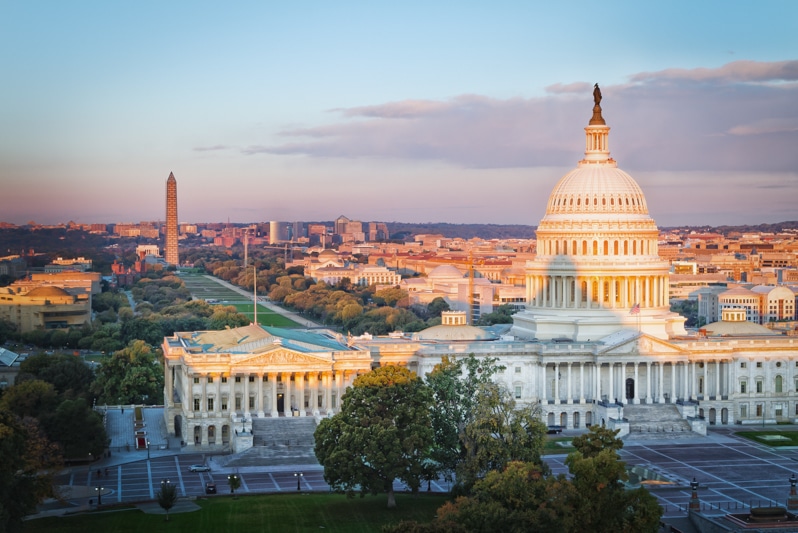
Yesterday, Congress passed two important copyright measures that the creative community has long advocated for:
The first is the Copyright Alternative in Small-Claims Enforcement Act of 2020 (CASE), which will establish a voluntary adjudicatory process, housed within the Copyright Office, for copyright claims under $30,000 in value. The law requires that the Copyright Office establish the Copyright Claims Board within a year of the law’s enactment. As Register of Copyrights Shira Perlmutter noted in the Office’s announcement, the Copyright Office has long supported the idea of hosting a small-claims tribunal which, just like the Music Modernization Act passed in 2018, was the subject of an extensive report of the Copyright Office and years of congressional inquiry and review.
You can read more about issues surrounding “small” copyright claims, and why the Copyright Claims Board will be a welcome development for many copyright owners — especially photographers — in chapter 6 of my book, The Unrealized Promise of the Next Great Copyright Act.
The second major development is the passage of a bill to close the “streaming loophole.” The Copyright Act, as it currently stands, provides that the unlawful reproduction or distribution of copyrighted works can be treated as a felony (when certain factors make the conduct especially egregious), but the unlawful performance of copyrighted work is treated only as a misdemeanor, meaning fewer cases were prosecuted.
As content distribution technologies have evolved, and streaming has become the dominant mechanism by which legal content offerings are distributed, pirates have followed suit, and today illegal streaming sites and services are the dominant form of piracy. Still, the law treated the two differently (more about this in chapter 4 of my book).
The felony streaming provision which, as the Copyright Office noted in its announcement, “was the result of a negotiated profess among a number of consumer and industry groups,” fixes that disparity, but does so in a way that specifically excludes “criminal prosecution of individual users.”
The two copyright measures now await the President’s signature.
